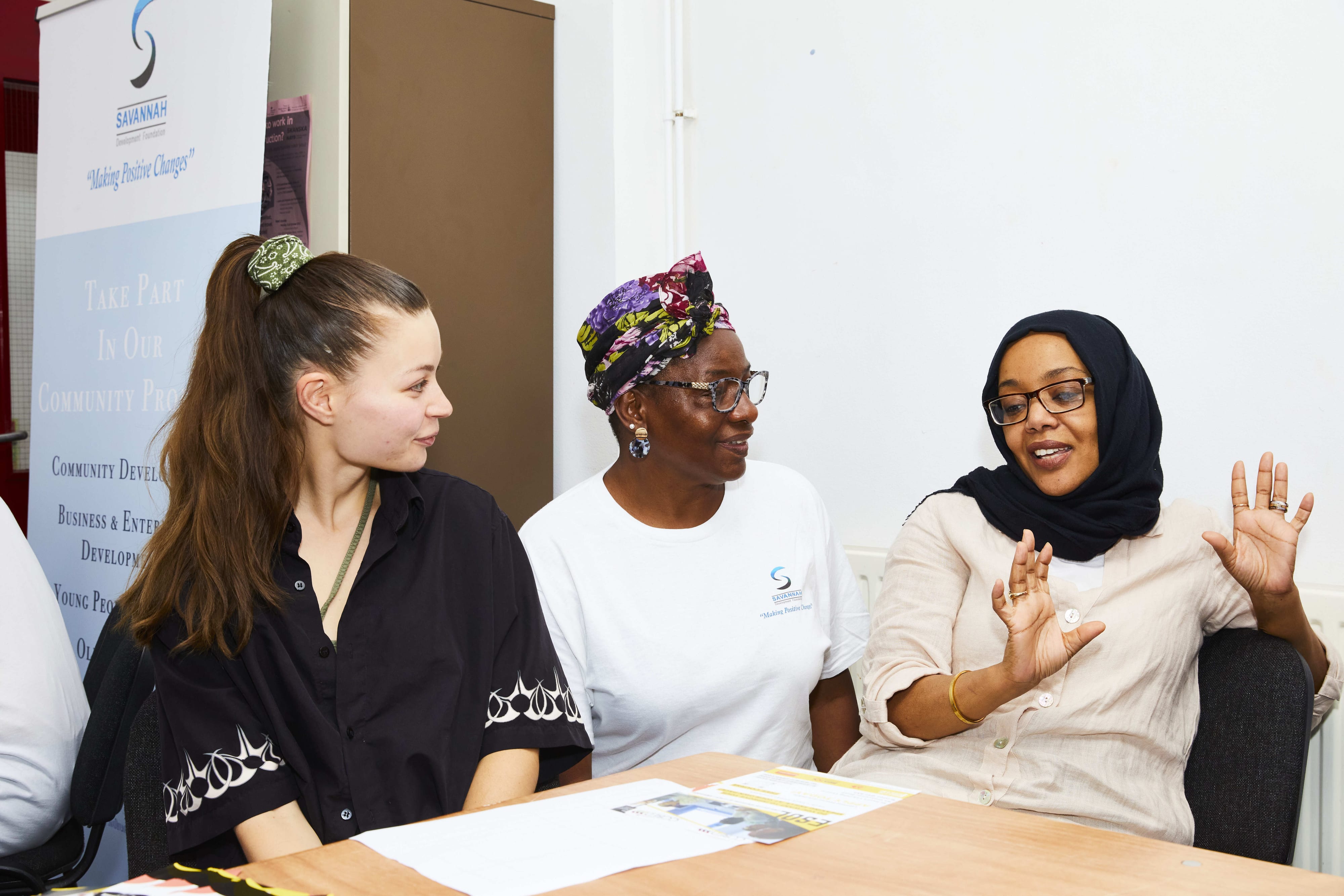
The number of people from minority ethnic groups employed in insecure work has more than doubled over the past decade, while 27 per cent of disabled workers are in severely insecure work, new research shows.
Analysis by the Trades Union Congress (TUC) reveals that 836,000 workers from minority ethnic communities were in insecure work in 2022, compared to 360,200 in 2011.
In comparison, the proportion of white workers in insecure roles remained the same, at 10.8 per cent, a rise of only 0.3 per cent over the past ten years. The rate amongst men from minority ethnic groups is highest at 19.8 per cent compared to 11.7 per cent of white male counterparts. Amongst women from minority ethnic groups the figure is also higher at 15.7 per cent compared to 9.9 per cent of white women.
While employment for people from minority ethnic communities increased by 1.7 million over the decade, almost a third of this was in insecure work compared to just 16 per cent of the increase in employment for white people.
In addition, analysis for the TUC’s report by the Work Foundation estimates that 27 per cent of disabled workers (1.3 million people) are in severely insecure work in the UK, compared to 19 per cent of non-disabled workers, compared to 19 per cent of non-disabled workers.
Long term, the instability of pay, hours and job type lead to worse mental health, with higher rates of stress, exhaustion, anxiety and depression seen among those employed precariously. Uncertain incomes can also limit people’s ability to afford nutritious food and live healthier lives.
Insecure work is characterised by low wages, inconsistent hours, precarious or zero-hour contracts and fewer rights and protections for employees. The report states that the UK is becoming a “nation of insecure work,” with more people than ever in inconsistent and unreliable roles. Some of the roles where insecurity is most common include delivery drivers, cleaners, hospital and care workers and those working in hospitality. The disproportionate number of people from minority ethnic groups working in insecure work shows "structural racism in action", the TUC says, with workers from minority ethnic communities experiencing racism at every stage of the labour market.
Their findings demonstrate the injustice of racism and discrimination and has significant implications for health – people in insecure forms of employment are far likelier to have long-term health conditions than those in secure work, and to develop them earlier in life.
Insecure work as a whole is a key feature of the UK economy, with 6.1 million people overall employed in some form of precarious work, according to a new report from Living Wage UK – nearly 20 per cent of the country’s workforce.
Zero hours contracts are a key part of this trend; since 2016 90,000 more employees are in jobs where they are not guaranteed a certain amount of work and can be called up or have work cancelled at any time. The report shows that a quarter of workers on varying hours have had shifts cancelled unexpectedly over the past year, and in 90 per cent of cases workers do not receive a full payment, with 26 per cent not receiving any payment at all.
The effects of insecure work mean people often have to spend more on unexpected childcare or higher travel costs for employees called in unexpectedly or who work in irregular shift patterns.
People’s Health Trust is a founding partner of the Living Wage Foundation and supports the introduction of the Real Living Wage. You can read more about the link between jobs and income, and health inequalities here.
